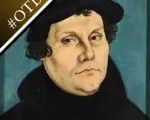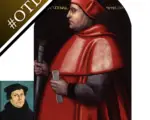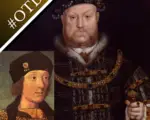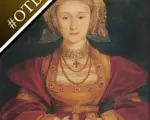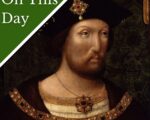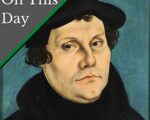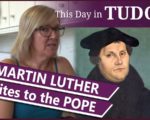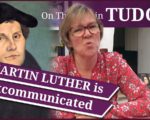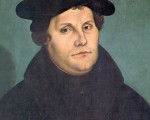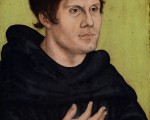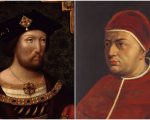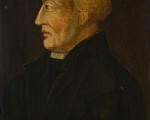
On the night of 28th February 1551, a man who had spent his life fighting for religious reform took his last breath in Cambridge. His name was Martin Bucer—a theologian, a reformer, and a man whose influence stretched across Europe.
But even in death, his struggles weren’t over. Six years after his burial, his body was dug up, put on trial for heresy, and publicly burned in Cambridge along with his works.
So, who was Martin Bucer? Why was he considered such a threat that even his bones had to be destroyed? And why is he remembered today as a key figure in the Protestant Reformation?
[Read More...]

